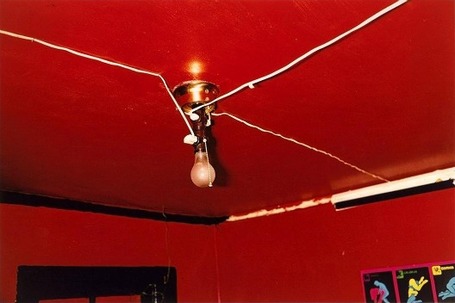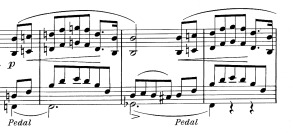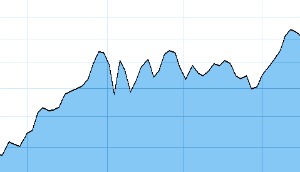What did we talk about when we stayed up all night? Such earnest words filling a bright room. Music, people, death, music, love, writing, music, food. We never touched. (You didn't even like shaking hands.) But the words, sometimes shouted, poured out and over each other, more and more of them, thousands on and on until night was gone. … [Read more...]
Archives for November 2010
Intertext
In his anxiety, Johannes Brahms read the slow movement of Ludwig van Beethoven's piano sonata, opus 10, number 3, and penned his own intermezzo in E-flat Minor, opus 118, number 6: (If D goes to C-sharp, then D Minor can go to E-flat Minor. Up can be down. 6/8 and eighth-notes, or 3/8 and sixteenths. Largo e mesto. Dies Irae? D-Es?) Earlier misprision led Brahms from playing the slow movement of Beethoven's Opus 2, number 2, to … [Read more...]
Day trading
After a chamber music master class, someone mentioned that if the students didn't sound better at the end of the session -- it must not have been a very good master class. We want musicians to improve. But, how quickly? Can we assess progress after half an hour, at the end of a concert season, or a 4-year degree? In the master class, one student pianist was asked to play a difficult passage faster -- not to take extra time to negotiate its … [Read more...]
Inégales
During a master class I gave at the Gilmore Festival, I noticed something in Bartok's Barcarolla. The piece's notation mixes measures of 6/8, and 7/8, and 5/8. But in almost every bar there are two big beats. As in lots of folk music, and unscripted music, and perhaps in the actual performance of every kind of music -- these beats are not equal in length. In Bartok's text, some of the large beats are equal to 3 eighth-notes, others equal 4 … [Read more...]




